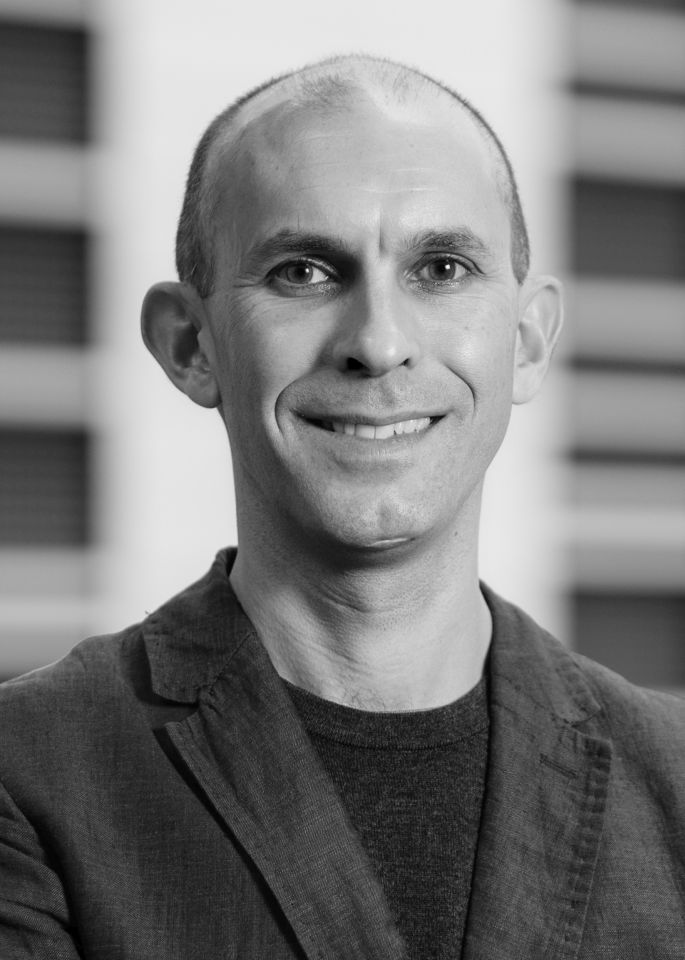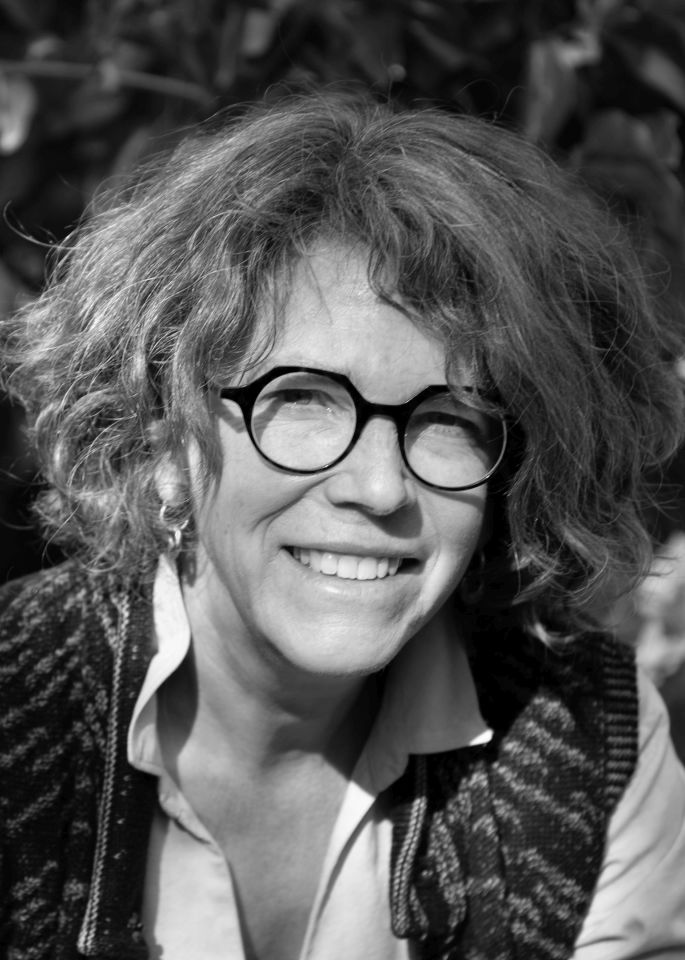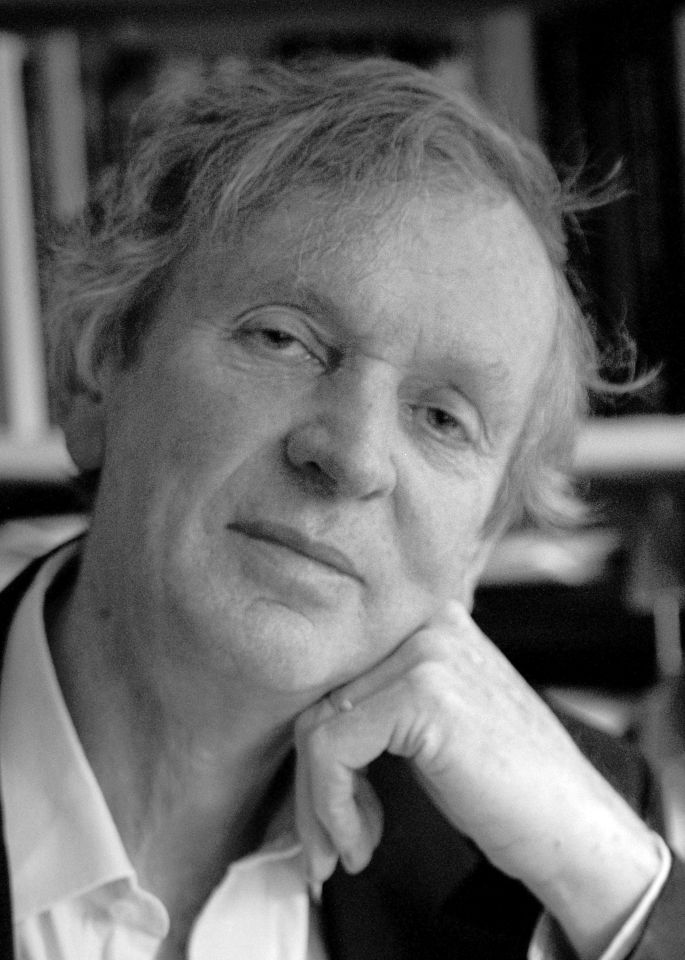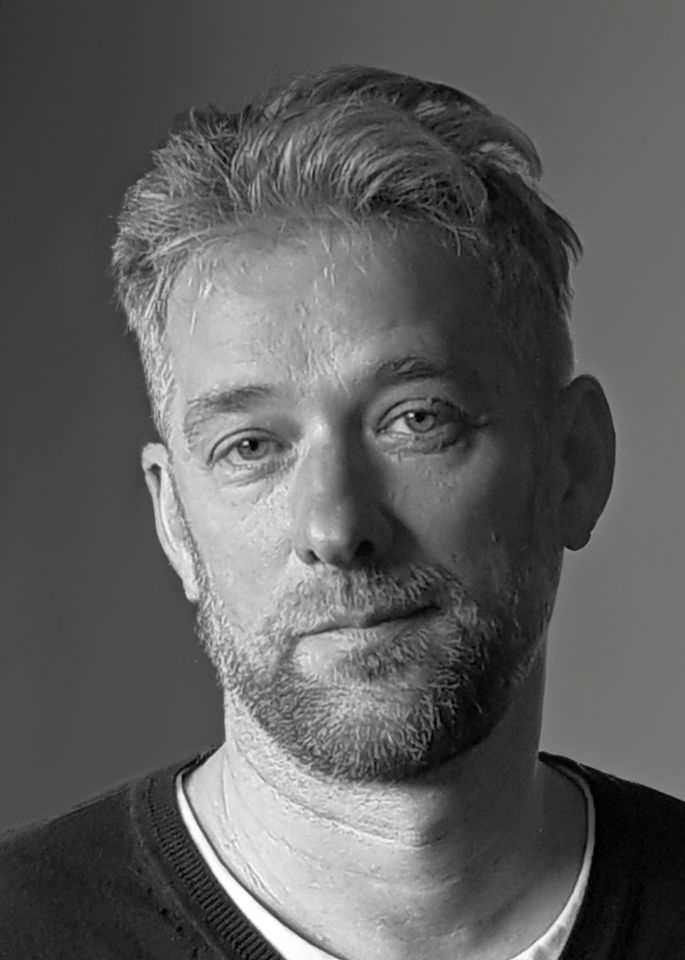The 2023 Holberg Debate: 'Does Consciousness Extend Beyond Brains?'
Do conscious experiences happen both within and outside the brain, and can science solve the 'hard problem' of consciousness?
At this year's Holberg Debate, Tanya Luhrmann, Anil Seth and Rupert Sheldrake will take on the deep scientific and philosophical mystery of consciousness. The debate will be chaired by David Malone.
Consciousness is a mystery that matters to all of us, in every moment of our lives. Discussions of consciousness go back thousands of years, and have gained a new urgency in current times. In the Upanishads, the primary reality of creation is the Self, of everyone and of everything. Within the traditions of Cartesian dualism, mind and matter are distinct. For some modern neuroscientists, consciousness is created inside the brain: mind is a property of matter. In our uneasy era of genetic modification, ‘nootropic’ smart drugs and rapid advances in AI, debates around consciousness acquire new inflections, new dangers and new possibilities. Will we ever solve the mystery of consciousness? What is the relationship between mind and matter and does consciousness extend beyond brains?
It is clear that minds can influence the external world in myriad ways: through human activities, buildings, technologies, communications and so on. But is consciousness itself confined to the insides of heads? Is it no more than the activities of brains inside skulls? Or does it extend beyond the brain?
The question of how consciousness and matter interrelate has been characterised by the philosopher David Chalmers as the ‘hard problem.’ Modern neuroscientific approaches suggest consciousness and matter are inextricably interlinked. The study of the brain is therefore entwined with the study of consciousness, and vice versa. Other traditions present other perspectives: in Vedanta and other religious traditions, mind or spirit is the fundamental reality.
The Holberg Debate 2023 explores such vitally important themes, including the fundamental question: Does consciousness extend beyond brains?
The debate will also consider further questions, including:
- How do we perceive objects around us and what is the relationship of our minds to the objects we perceive? Are our perceptions active constructions, brain-based predictions, or something else?
- Is the reality we believe we perceive in fact an illusion, created within the brain? Could theories of reality as an illusion created within the brain also, potentially, be an illusion?
- How do we explain religious and mystical experiences of contact with other forms of consciousness? What should we make of phenomena such as the sense of being stared at?
- Do we need a new theory of consciousness for our changing times? If so, will it emerge from science, anthropology, philosophy, the arts, theology or somewhere else? Or will consciousness remain a mystery?
Participants

Anil Seth
Anil Seth is a neuroscientist and author who has pioneered research into the brain basis of consciousness for more than 20 years. He is a Professor of Neuroscience and Director of the Centre for Consciousness Science at the University of Sussex. He is also Co-Director of the Canadian Institute for Advanced Research Program on Brain, Mind and Consciousness, a European Research Council Advanced Investigator, Editor-in-Chief of Neuroscience of Consciousness, and recognized is as being in the top 0.1% of researchers worldwide (Web of Science). His 2017 TED talk has been viewed more than fourteen million times, and his 2021 book Being You was a Sunday Times Bestseller and a Book of the Year for The Economist, The New Statesman, Bloomberg Business, The Guardian, and The Financial Times – as well as book of the week for El Pais. He is lead scientist on the groundbreaking art-science project Dreamachine, and his other books include The Thirty Second Brain and Eyebenders (winner of the 2015 Royal Society Young Person’s Book Prize). (Photo: Private.)

Tanya Luhrmann
Tanya Marie Luhrmann is the Albert Ray Lang Professor of Anthropology at Stanford University, with a courtesy appointment in Psychology. Her work focuses on the edge of experience: on voices, visions, the world of the supernatural and the world of psychosis. She has done ethnography on the streets of Chicago with homeless and psychotic women, and worked with people who hear voices in Chennai, Accra and the South Bay. She has also done fieldwork with evangelical Christians who seek to hear God speak back, with Zoroastrians who set out to create a more mystical faith, and with people who practice magic. She uses a combination of ethnographic and experimental methods to understand the way people feel their thoughts and imagine their minds in different social settings, and what follows. At the heart of the work is the question of how things come to feel real to people. In addition to the award-winning book When God Talks Back (2012), Lurhmann’s authorship includes Persuasions of the Witch’s Craft (1989), The Good Parsi (1996), Of Two Minds (2000), Our Most Troubling Madness (2016), and How God Becomes Real (2020), and she is currently at work on a book entitled Voices. (Photo: Private.)

Rupert Sheldrake
Rupert Sheldrake, PhD, is a biologist and author of more than a hundred technical papers and nine books, including his 2012 book The Science Delusion (called Science Set Free in the US). He studied Natural Sciences at the University of Cambridge and the History and Philosophy of Science at Harvard University. As a fellow of Clare College, Cambridge, he was Director of Studies in Cell Biology, and was also a research fellow of the Royal Society. He worked at the University of Malaya on tropical ferns, and in Hyderabad, India, as Principal Plant Physiologist at the International Crops Research Institute for the Semi-Arid Tropics (ICRISAT). In India, he also lived for two years in the ashram of Fr Bede Griffiths in Tamil Nadu. From 2005 to 2010, he was Director of the Perrott-Warrick Project for the study of unexplained human and animal abilities, funded fromTrinity College, Cambridge. He is currently a fellow of the Institute of Noetic Sciences in California, of Schumacher College in Dartington, England and of the Temenos Acdemy in London. He lives in London and is married to Jill Purce, with whom he has two sons, Merlin, a mycologist and author of the bestselling book Entangled Life, and Cosmo, a musician. (Photo: Hanna-Katrina Jedrosz.)

David Malone (moderator)
David Hugh Malone is an award winning science documentary film maker. In a career spanning nearly 30 years he has made films for the BBC and Channel 4, on such topics as consciousness, the self and soul, the search for mathematical certainty, and the relationship between science and religion. His most recent films have been on the promise and threat of AI, for Universal Pictures, and the Origin of Covid for Channel 4. Over the years reviews have called his work, ‘disturbingly lyrical’, ‘as close to poetry as television gets’ and ‘dangerously anticapitalist’. From 2008 till 2015, he wrote a well-known financial blog under the pseudonym GolemXIV and in 2012, he wrote a book on the global debt crisis called The Debt Generation. He is currently writing a book on the evolution of life and consciousness with the working title of From Matter to Meaning. And in his regular ‘Hyperland’ podcast he discusses today’s contentious political, economic and scientific issues. (Photo: Private.)